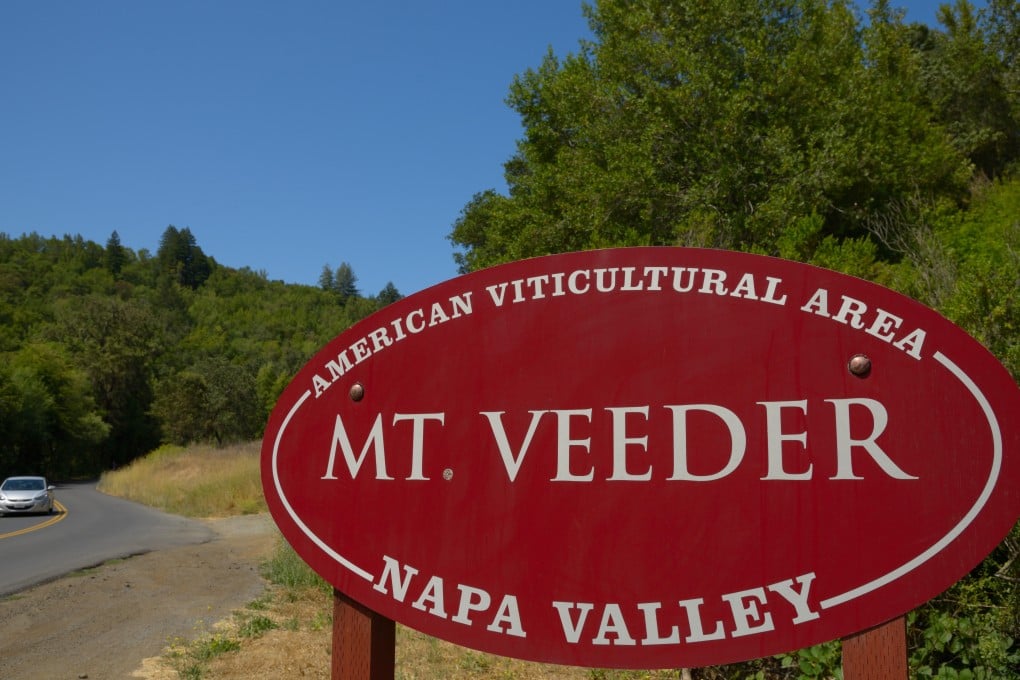Top drops from Napa Valley’s mountain wineries: challenging to make but worth it
- The mountains between California’s Mayacamas and Vaca ranges are home to some small vineyards, which produce complex, coveted wines

Wines from California’s Napa Valley have a distinct style when made from grapes also used in Bordeaux, France – cabernet sauvignon, merlot, cabernet franc and petit verdot – especially if they are produced in the mountains, specifically the peaks between the Mayacamas and Vaca ranges.
Vines on mountains grow slowly, producing small grapes with a wild earthiness that shows forest and rock, concentrated black and red fruits, and tight tannins. As the vineyards are too small and steep for machinery, the grapes must be harvested by hand.
Howell Mountain, in the Vaca range, is home to vineyards surrounded by pine forests, at 425 to 750 metres above sea level. In 1983, it was one of the first mountains to become an American Viticultural Area appellation.
Founded in 1898 by Frederick Hess, La Jota is one of Howell’s oldest vineyards. Having become a ghost vineyard after prohibition dried up the premium-wine market, it was brought back to life in the 1970s by retired oilman Bill Smith. Today, it is owned by the Jackson family (of Kendall-Jackson, one of the biggest names in California wine), who continue Hess’ vision by making small lots of wines, picked and vinified separately from the various plots that dot the estate.
Atlas Peak is home to about 600 hectares of vineyard scattered across the western slopes of the Vaca range. It is a rugged mountain with steep slopes and a rocky volcanic soil that has an affinity for cabernet sauvignon. The Pahlmeyer winery is on the ridge of Atlas Peak, at an altitude of 670 metres. The winery eschews the use of chemicals, and the produce of its varying plots are blended to form the signature estate wine.

Diamond Mountain, in the Mayacamas range, has 200 hectares under vine spread across 2,000 rocky hectares from elevations of 120 to 670 metres. At Davies Vineyards, the Schram family, which owns Schramsberg (known for its sparkling wines), has decided that Diamond Mountain is suited to Bordeaux grapes, after climate changeaffected the chardonnay and pinot noir they had originally planted there.
